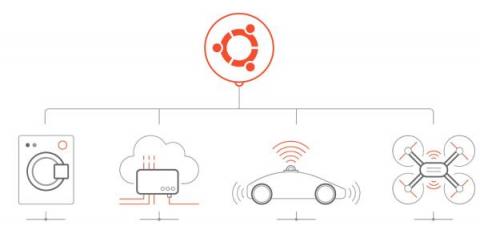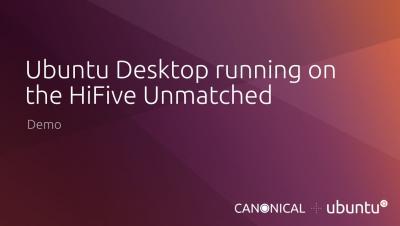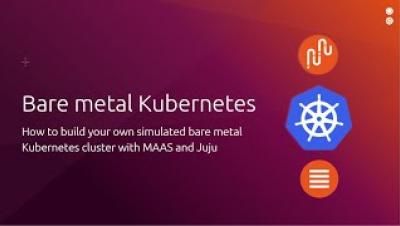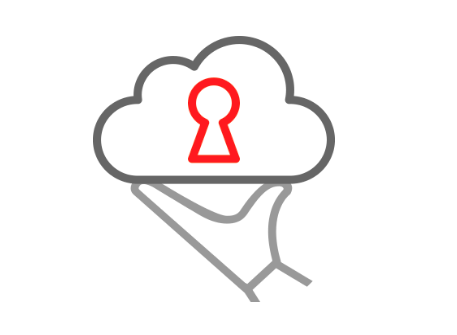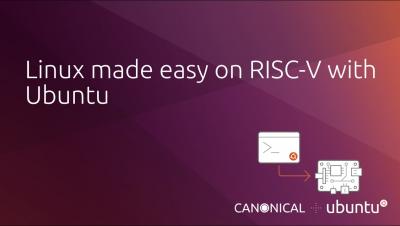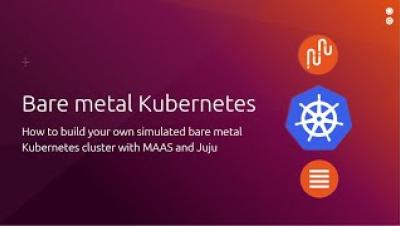Canonical joins Magma Foundation
We at Canonical, the company behind Ubuntu, are pleased to join hands with the Magma Foundation. Magma connects the world to a faster network by providing operators an open, flexible, and extendable mobile core network solution. Its simplicity and low-cost structure empower innovators to build mobile networks that were never imagined before. We decided to support this open source project because of our wider telco efforts.


